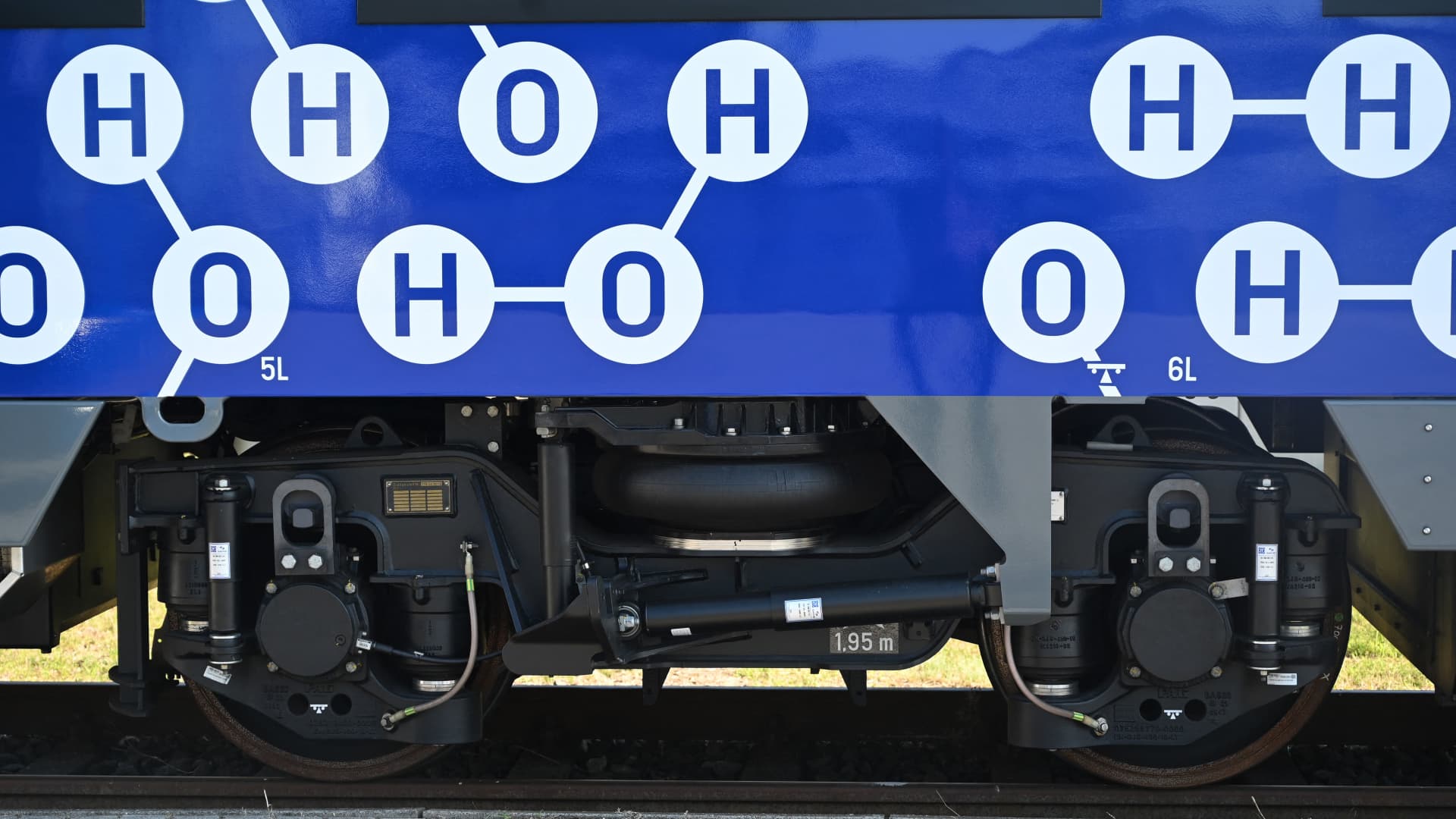The European Commission on Wednesday approved up to 5.2 billion euros (roughly $5.2 billion) in public funding for hydrogen projects, a move it said could unlock a further 7 billion euros of investments from the private sector.
The executive arm of the EU said the bloc’s flagship project to support the research, deployment and construction of hydrogen infrastructure, referred to as IPCEI Hy2Use, had been prepared by 13 member states that will supply the public funding.
According to the commission, IPCEI Hy2Use will see 29 businesses participate in 35 projects.
The commission said IPCEI Hy2Use would support the construction of “large-scale electrolysers and transport infrastructure, for the production, storage and transport of renewable and low-carbon hydrogen.”
The initiative will focus on developing “innovative and more sustainable technologies for the integration of hydrogen into the industrial processes of multiple sectors” like glass, cement andsteel.
“The IPCEI is expected to boost the supply of renewable and low-carbon hydrogen, thereby reducing dependency on the supply of natural gas,” the commission said.
Described by the International Energy Agency as a “versatile energy carrier,” hydrogen has a diverse range of applications and can be deployed in a wide range of industries.
It can be produced in a number of ways. One method includes electrolysis, with an electric current splitting water into oxygen and hydrogen.
If the electricity used in this process comes from a renewable source such as wind or solar then some call it “green” or “renewable” hydrogen. Today, the vast majority of hydrogen generation is based on fossil fuels.
Among those commenting on Wednesday’s announcement was Margrethe Vestager, an executive vice president at the commission who is in charge of competition policy.
Vestager said the investments approved under Hy2Use would enable roughly 3.5 gigawatts of electrolysis capacity to be built.
This would result “in an output of approximately 340,000 tons of renewable and low-carbon hydrogen per year,” she added.
The European Commission has previously said it wants 40 GW of renewable hydrogen electrolyzers to be installed in the EU by 2030.
Hydrogen bank
European Commission President Ursula von der Leyen last week expressed support for hydrogen during her State of the Union address.
In remarks translated on the commission’s website, von der Leyen said “hydrogen can be a game changer for Europe. We need to move our hydrogen economy from niche to scale.”
In her speech, von der Leyen also referred to a “2030 target to produce ten million tons of renewable hydrogen in the EU, each year.”
“To achieve this, we must create a market maker for hydrogen, in order to bridge the investment gap and connect future supply and demand,” she said.
To this end, the EU’s von der Leyen also announced the creation of a European Hydrogen Bank. It is hoped this will be able to invest 3 billion euros to support the future market for hydrogen.
